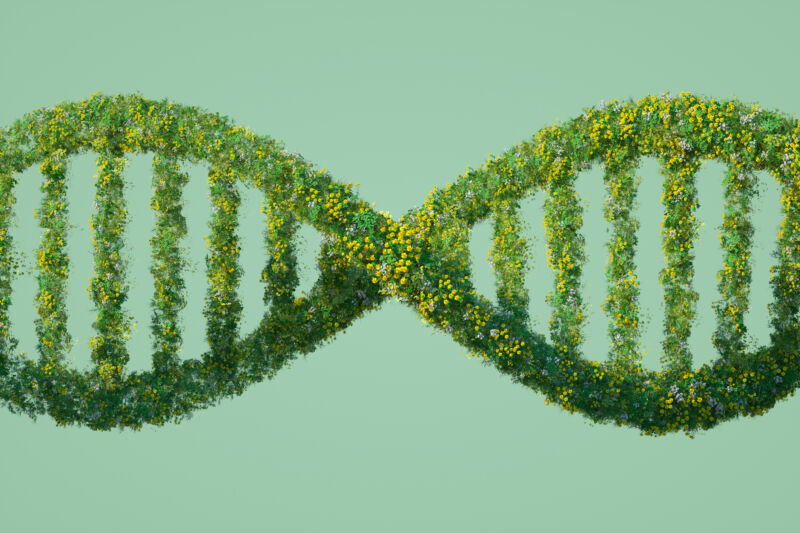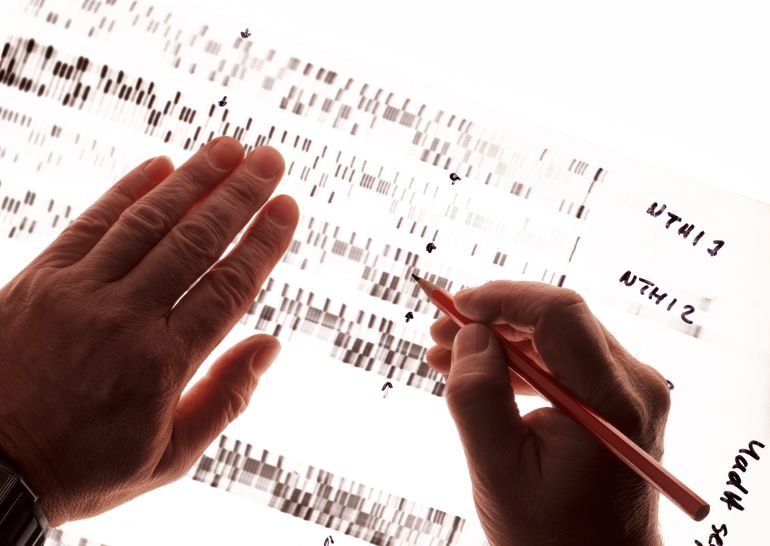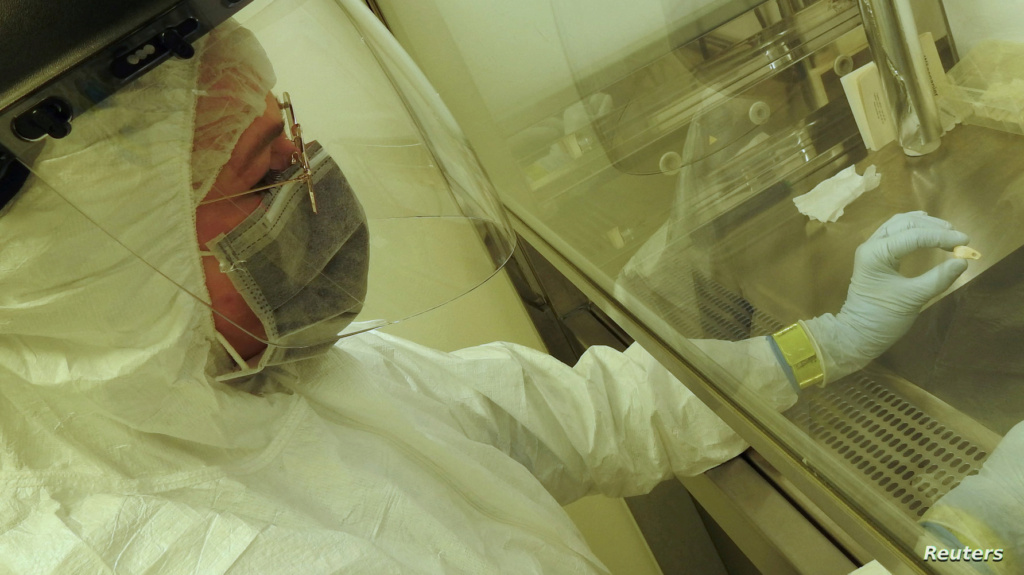Scientists have concerns after monitoring human DNA in elements of the environment

A scientific study published on Monday proved that it will soon become possible to track people by analyzing the genetic fingerprint that they planted in the environment, that is, while walking on the beach, for example, or showering, or spraying mist in the air...but scientists fear that this could be used Discovery with the aim of infringing on privacy.
A scientific study published Monday revealed that tracking people by analyzing the genetic fingerprint they planted in the environment will become possible one day, according to scientists who announced the detection of human DNA in sand, water and even air, but they warned that this development could be exploited for malicious purposes.
This discovery could lead to applications in medicine, the environment, or forensic science. But it poses an ethical problem, given the ease with which traces of human life were collected, as warned by the authors of the study published in the journal "Nature Ecology and Evolution", who were surprised by the results of their work, and called for "guarantees" that prevent the possibility of using this discovery with the aim of infringing on privacy.

A researcher studies a sample of DNA in a laboratory at a university in the Netherlands on February 11, 2019.
Environmental DNA technology has recently been developed to track wild species and better understand biodiversity. It is based on taking samples from the natural environments of animals that leave genetic traces in their surroundings through cells (in skin, hair, scales...) and lose them permanently.
Humans are no exception to this rule, as they spread the DNA that carries the genetic information of each individual wherever they go, whether during a walk on the beach, or showering, or coughing, or spraying in the air, or when flushing the toilet ...
These effects are usually hidden, and scientists did not expect to capture them on such a large scale, according to the study.

This "accidental human genome" approach began at the University of Florida's Whitney Marine Biodiversity Laboratory, using swabs of sand to study the environmental DNA of sea turtles.
The researchers were already expecting to find some human DNA in the samples, which often come from people they come into contact with. But they did not expect it to be in such a large quantity, and of a quality "semi-equivalent to that of a sample drawn from a person," according to David Duffy, a specialist in genetic diseases in wild animals at the University of Florida, who supervised the study.
It is everywhere
In the field, Duffy and his team found human genetic fingerprints almost everywhere: in the oceans and rivers around the lab, near urban centers and in less populated places, on the sands of isolated beaches...

Professor Duffy tested the technique in the cooler climate of Ireland, his native country, and found samples of human DNA by going upstream, except upstream, far from any civilization.
The University of Florida said in a statement that the collection of air samples at a veterinary hospital revealed the presence of DNA identical to crew members and animal viruses.
Mark McCauley, one of the study's lead authors, said the DNA sequences collected were long enough to be "readable", making it possible to identify mutations linked to diseases such as diabetes and to determine genetic ancestry.

The researchers were even able to sequence parts of the genome of volunteer participants who agreed to take DNA samples from their footprints in the sand.
"For ethical reasons, we have not reviewed the sequences in our possession in such a way that we can identify certain individuals. But it is certain that one day this step will happen. The only question is when that will happen," Marc Marcoli commented during a press conference.
In the future, collecting human environmental DNA could “benefit society,” for example by helping to detect cancerous mutations in wastewater, or identifying a suspect in a crime who left no physical traces such as saliva or blood, according to this report. Researcher in the Whitney Lab.

But as hopeful as it is, this development raises "strong concerns associated with protecting genetic privacy and the limits of policing," said Natalie Ram, a law professor at the University of Maryland, in a commentary accompanying the study, pointing to the danger of "perpetual genetic surveillance."
The study's authors shared these concerns, expressing their fear that the technology could be misused in particular to "track individuals or target specific ethnic minorities." There is also a problem with consent to collect data that "floats freely in the air", as Mark McCauley asserts.
"This is why we are alerting scientists and the community now to look at our findings and develop rules for overseeing research into human DNA," stresses Professor Duffy.
Source: websites

